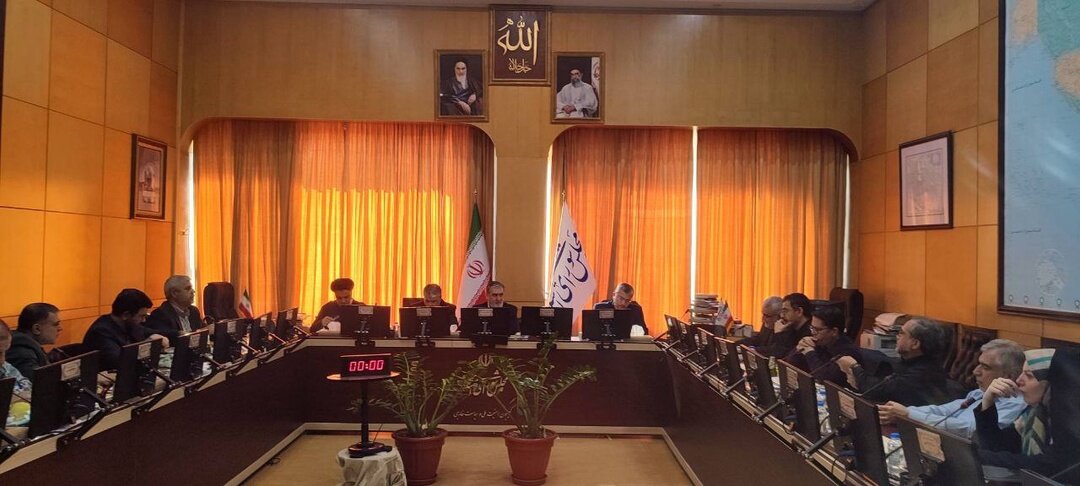Details of IAEA chief’s visit inquired by Iran's parliament as MPs call for 'reciprocal measures’

TEHRAN – The Iranian Parliament’s National Security and Foreign Policy Committee has convened to address critical issues surrounding the country’s nuclear program, the visit by International Atomic Energy Agency (IAEA) Director General Rafael Grossi, and support for Iranians living abroad.
The Sunday session underscored Tehran’s commitment to maintaining a balance between cooperation and deterrence, as well as its focus on expatriate policies.
Ebrahim Rezaei, spokesperson for the National Security and Foreign Policy Committee, shed light on discussions held during the meeting, which featured Mohammad Eslami, head of the Atomic Energy Organization of Iran (AEOI).
The session, Rezaei noted, aimed to provide a comprehensive update on Iran’s nuclear advancements and recent developments, including Grossi’s high-profile visit to Tehran.
“Mr. Eslami presented a detailed report on the state of Iran’s nuclear program and reaffirmed that the program is strictly peaceful, progressing in line with the Strategic Action Plan to Lift Sanctions,” Rezaei said.
Eslami emphasized that Grossi’s inspection of certain nuclear facilities was conducted strictly according to Iran’s internal protocols. The AEOI chief further highlighted Iran’s steadfast commitment to its principles of engagement: “If others engage with us within defined frameworks, we reciprocate. However, if they choose confrontation, we will respond in kind. Should any new resolutions be issued against Iran, immediate countermeasures will be taken.”
Eslami also underscored Iran’s determination to press forward with its strategic plans. “We are advancing powerfully with no delays in implementing the Strategic Action Plan to Lift Sanctions. Today, the AEOI has evolved into a robust industrial organization,” he stated.
Despite assurances from Eslami, many members of the commission voiced concerns over allowing Grossi access to Iran’s nuclear facilities. They criticized what they saw as unnecessary concessions beyond the safeguards agreements, with some calling for a reassessment of the country’s nuclear doctrine to enhance deterrence.
Members stressed that Iran’s policy should prioritize sovereignty and ensure that all activities comply with national interests, particularly in light of growing international pressures.
The commission also turned its attention to a bill aimed at improving support for Iranians residing overseas. Rezaei presented a detailed report revealing that over 4 million Iranians live abroad, distributed across various regions.
According to the report, a significant majority—96%—of Iranian expatriates are engaged in medium- and high-skill professions. This includes approximately 25,000 doctors, 56,000 engineers, and 8,000 researchers contributing to their host countries.
“The bill aims to facilitate stronger connections between expatriates and their homeland, while also leveraging their expertise to benefit Iran’s development,” Rezaei said. The proposal has been referred to the Foreign Relations Committee for further review and will return to the commission for final deliberations.
The session reflected Iran’s dual approach of pursuing strategic advancements while remaining open to dialogue. “Our nuclear program adheres to peaceful objectives, and we continue to cooperate with international frameworks as long as they remain technical and unbiased,” Rezaei reiterated.
Leave a Comment